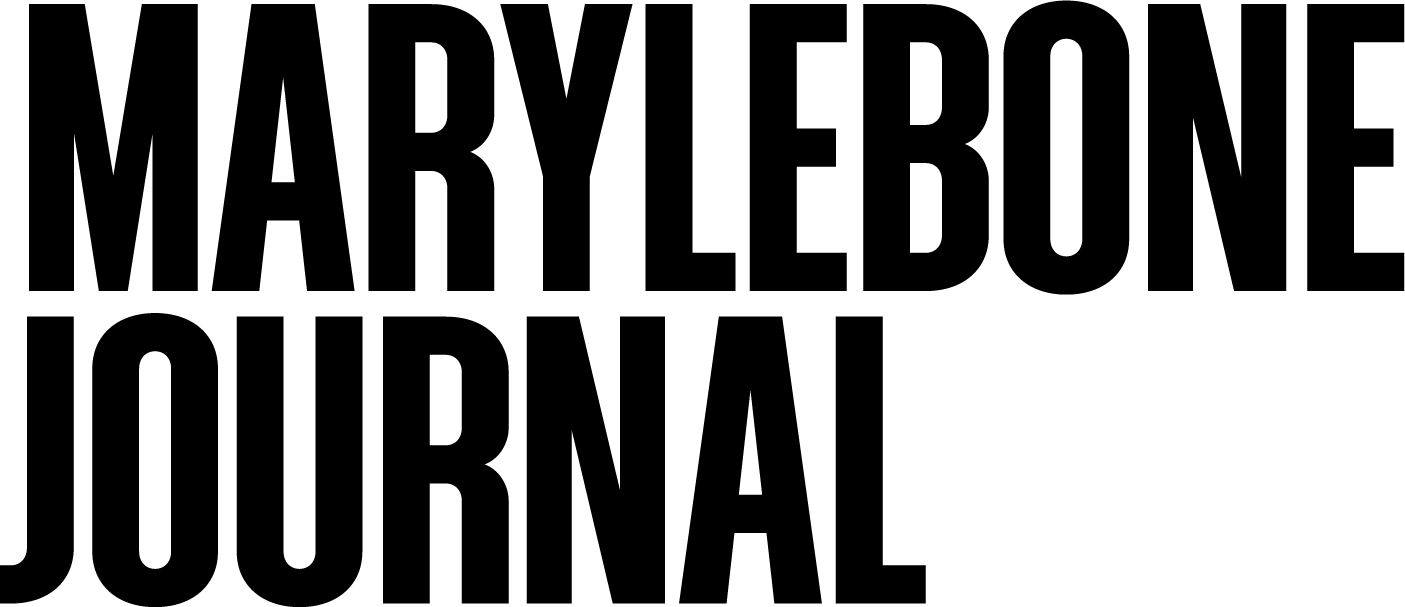Brain power
Jerusha Shulberg of Cubex on why understanding cognitive function is vital to the field of audiology
Interview: Viel Richardson
“The most important thing to appreciate is that we listen with our brains, not our ears,” says Jerusha Shulberg, audiological scientist at Cubex. “Listening is a cognitive skill—it is the act of applying meaning to the sounds we hear. The act of hearing is actually a passive one. Your ears are one part of an auditory system that collects and delivers a wide variety of sound signals; it is in the brain that the act of making sense of all these signals takes place. This is why we believe that understanding cognitive function is so important to audiology.”
This understanding can have a major impact on the way that hearing loss is treated, as our cognitive functions encompass many things: reasoning, focus, short and long-term memory, language skills, all of which we use to understand and engage with the world around us.
Unlike with deteriorating vision, where most problems can be solved using prescription glasses or corrective surgery, at present we have no way of fully restoring lost hearing. “It is not uncommon for the hearing technology prescribed to be perfectly tuned to the person’s hearing sensitivity loss, work flawlessly, but for the patient to still have trouble communicating,” Jerusha explains. “In such cases, there may be a cognitive aspect that needs addressing, such as poor working memory. This is why it is so important for us to have a real understanding of how well the person’s auditory-cognitive relationship is performing. Only then you can make an accurate and effective treatment plan to move them forward.”
Audition and cognition
Research in the field increasingly points to the fact that as audition and cognition are so closely linked, it is almost meaningless to try to compensate for a person’s hearing loss without considering the cognitive aspect. “This is because when a person experiences hearing loss, they unconsciously become significantly more dependent on their cognitive skills in order to engage with the world,” Jerusha continues. “When you listen to speech, you have to make sense of multi-modal linguistic information—semantics, syntax and phonology, which is the way sounds are organised in order to construct a language. In an ideal situation, such as two people talking in a quiet environment, it is relatively easy to apply meaning to what you hear, as you have access to all the information coming from the speaker and no distractions to filter.”
However, when you add hearing loss to the mix, things can be very different. Jerusha explains that if the acoustic signals that the brain receives are degraded, it becomes more difficult to connect those signals with information in your long-term memory. This matters, because your long-term memory is the repository of knowledge you access when applying meaning to what you hear. Listening actually becomes harder work, and if your cognitive abilities continue to decline, it becomes harder still.
“This is why we have developed relaxed and quite enjoyable ways of testing a patient’s cognitive skill set. The treatment path we prescribe is then dependent on what these tests tell us. We already have very sophisticated and accurate tools to tell us what the auditory system is actually delivering to the brain—it is now a case of developing ways for the brain to make the very best use of that information.”
Retrain the brain
Through a series of exercises, it is possible to retrain the brain to adapt to the new situation and work in harmony with the hearing technology, but this does require commitment from the patient; the more engaged they are, the easier it will be for them to reach the point where they are communicating with greater ease.
“What we are working towards is making the best possible use of the hearing that the patient has, by making the most of their cognitive abilities to translate the auditory signals they are receiving into meaningful representation of the world around them,” says Jerusha. “The thing to remember is, every person who walks in the door has unique needs. The best way for us to give each one the best possible support and the greatest improvement in their communication skills, is to understand not simply what they are hearing, but also how well they are processing the complex information their brain receives from their surroundings.”

